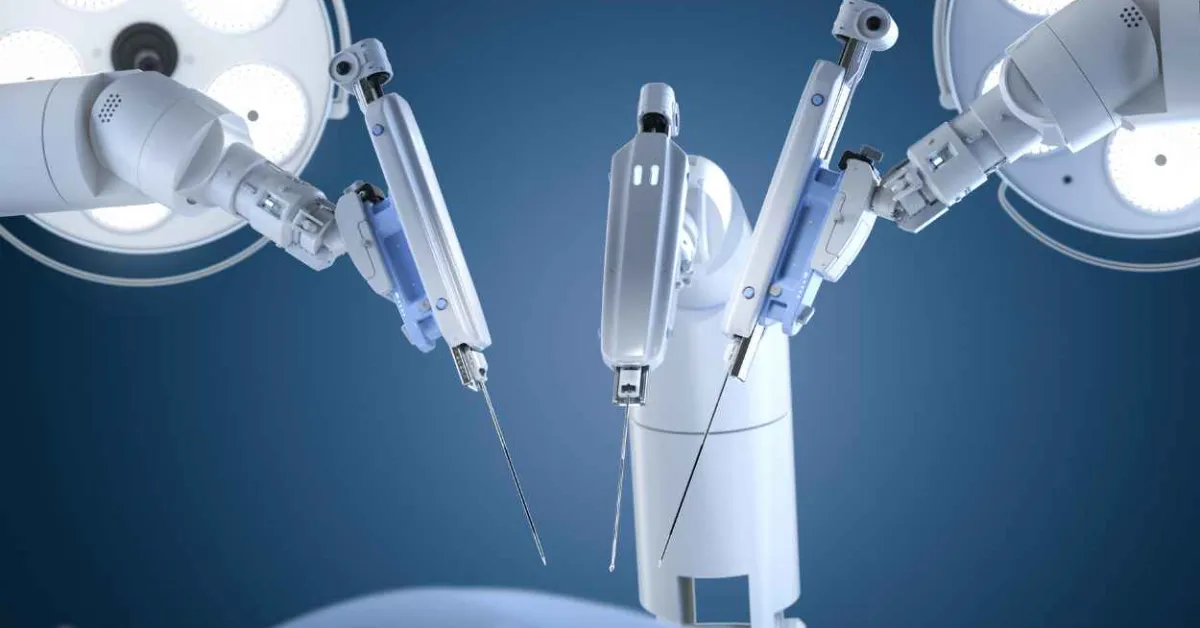Medtech giant Siemens Healthineers has teamed up with the Indian Institute of Science (IISc) to launch a collaborative laboratory in Bangalore focused on AI in precision medicine. Healthineers will invest 10 million INR in the partnership over the next five years.
The Siemens Healthineers-Computational Data Sciences (CDS) collaborative laboratory will develop open-source AI tools to automate the segmentation of pathological findings in neuroimaging data. The aim is to accurately diagnose neurological diseases and analyse their clinical impact at a population level.
The laboratory, supported by Siemens Healthineers’ Corporate Social Responsibility initiative, includes M.Tech fellowships for women to enhance female representation in AI. Dr. Vaanathi Sundaresan of IISc will lead the program, collaborating with neurologists, radiologists, and Siemens Healthineers to integrate computational models into clinical workflows.
“Our goal is to explore various tools and their functionalities, collaborating with hospitals to understand their specific needs and customising our technology accordingly,” said Dileep Mangsuli, executive director and head, of Siemens Healthineers Development Centre, talking about how the team will actively engage with hospitals to gather relevant data, at the inauguration.
The company globally identifies three key disease focus areas: cancer, cardiovascular, and neurovascular diseases. These areas present complex challenges, especially in terms of detection and treatment.
“To address these challenges, we are going ahead with a comprehensive research initiative focusing on creating technology not only for our benefit but also for the broader community, making the code open source” he added.
The datasets will primarily focus on image data. “While there may be additional datasets involving physiological data, our primary collaboration for data collection involves partnerships with hospitals. We are open to collaborating with clinics as well, and the decision on which teams will conduct research will be made in consultation with the research community,” he told AIM during the inauguration.














